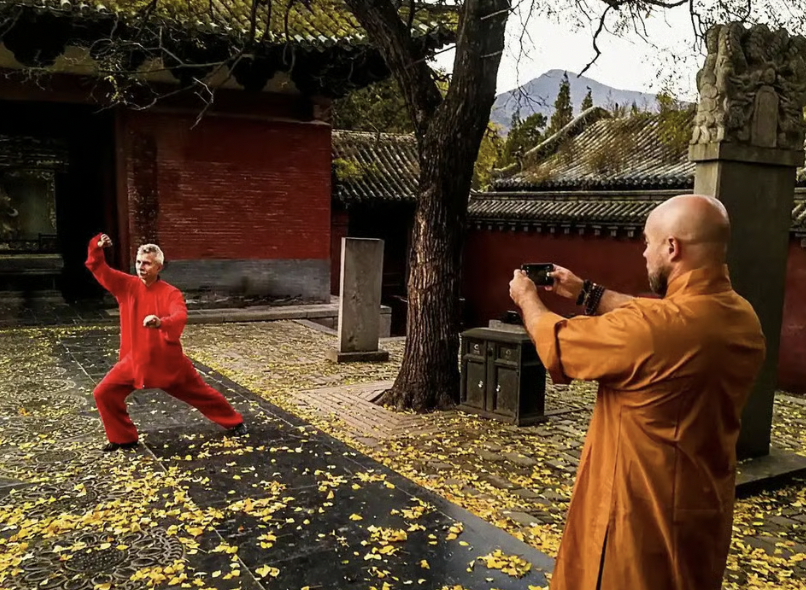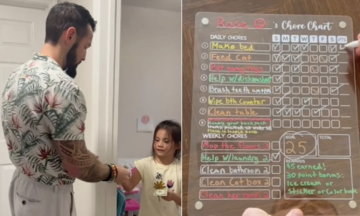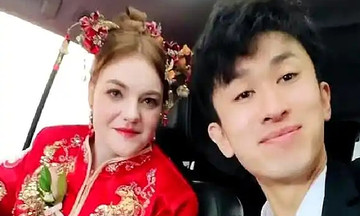The new rules follow an investigation into the former abbot, Shi Yongxin, over allegations of financial and sexual misconduct. The Buddhist Association of China revoked his ordination certificate, stating his actions "seriously damaged the reputation of the Buddhist community".
59-year-old Shi Yinle, abbot of the White Horse Temple, China's first Buddhist temple, was appointed abbot of the Shaolin Temple on 29/7.
Upon taking his post, he announced five major reforms: halting commercial activities, banning high-priced sanctification rituals, closing shops within the temple, promoting self-sufficiency through farming, and reforming income distribution by eliminating criticized fees.
He stated some monks had strayed from the spiritual path. "Some monks neither truly practice nor work properly," he said, citing examples of monks ordering takeout in their meditation rooms and listening to pop music through earphones while chanting.
 |
The Shaolin Temple, China, is a popular destination for international tourists. Photo: The Star |
The Shaolin Temple, China, is a popular destination for international tourists. Photo: The Star
Shi Yinle also suspended the martial arts team's international tours and closed the cultural, creative, and online stores that were once key revenue sources. A new scoring system was implemented where monks who fail evaluations for three consecutive months may be asked to leave.
The new rules impose unprecedented discipline, with a strict schedule dubbed the "Buddhist 996" rule by internet users, referencing the work culture at some Chinese tech companies where employees work from 9 a.m. to 9 p.m., six days a week.
Monks are required to pray at 4:30 a.m., followed by agricultural work and Zen martial arts practice in the afternoon. Mobile phones are stored in a communal locker, with only 30 minutes of use allowed daily. The diet is mainly vegetarian, with tofu permitted only once a week.
This move sparked a wave of departures. Within a week of the new abbot's arrival, over 30 monks and staff left the temple. It is unclear whether they transferred to other temples or abandoned monastic life altogether.
Some monks complained about the confiscation of their phones, which they used to read scriptures, and expressed discomfort with the largely vegetarian diet. The monks' departure from Shaolin Temple sparked controversy on Chinese social media.
Many believe those who left weren't serious about monastic life and that this move helps weed out those merely posing as monks.
Meanwhile, some visitors to the Shaolin Temple, observing the monks' austere lifestyle, felt their own lives were less stressful in comparison.
Ngoc Ngan (The Star)












